A Detroit Zoom Immersion: Networking, Collaboration, and Innovation
BY KELLY SWAN | April 28, 2021
In the spring of 2020, ISN began convening college and university immersion coordinators for monthly Zoom calls for mutual support and idea and resource sharing during the early months of the pandemic. Statewide shutdowns had led to universally cancelled immersion trips, a vital part of the service, justice, mission, and ministry work at many Jesuit schools.
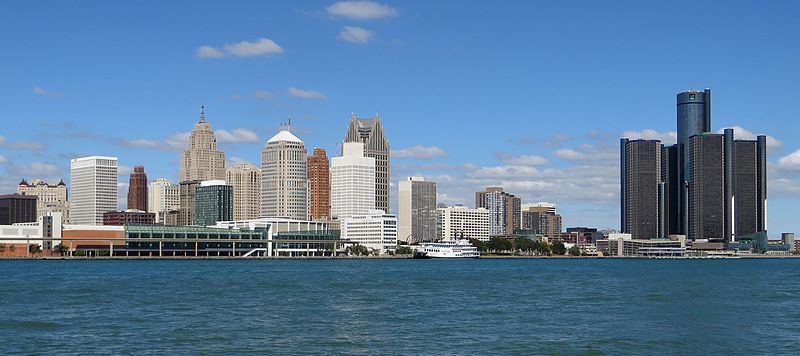
Downtown Detroit, Michigan [Image via Wikimedia Commons/Mindmatrix]
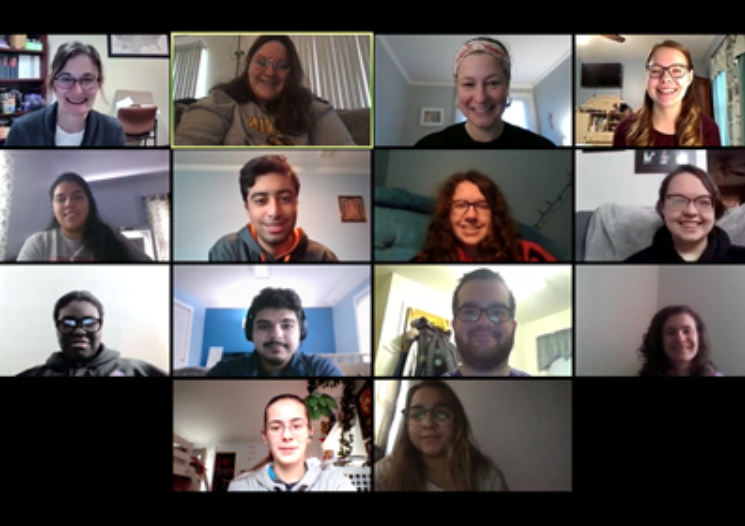
“A Virtual Immersion: The Story of Detroit Through the Lens of Race” participants gather on Zoom.
“A Virtual Immersion: The Story of Detroit Through the Lens of Race” was held daily over the course of five days during winter break. The fifteen student and three staff members who participated utilized the digital space to engage in experiences of “encounter”—meeting and better understanding the realities of those impacted by injustice—and thus meeting a critical gap in Jesuit education during the pandemic, when travel and in-person immersion is not possible for student groups. The experience offered participants the opportunity to foster new relationships, embrace different cultures, educate themselves on local and global issues, and become deeply interconnected to the plight of underserved communities while still maintaining the local and national coronavirus safety mandates.
Each day of the immersion included a host of components, such as a variety of prayer experiences, community building activities, reflection opportunities, speakers, music tied to each day’s theme, and action planning. Through those speakers and other resources, attendees “visited” community organizations in Detroit and explored issues specific to the city through the lens of race, including social context, Motown music as an agent of social change, racial justice history, water justice, housing issues, food justice and urban farming, and the impact of COVID-19.
“One of things that really stuck out to me was the fact that the government literally subsidized the disenfranchisement of people of color in the city of Detroit,” shared one participant. ” That mortgages were only available to white communities was absolutely shocking and the fact that the aftershocks of that are still being felt is not something that I had personally ever learned about. I had always known that there were government policies that hurt people of color, but the fact that these policies were exploited and then later not acknowledged demonstrated how deep these racial injustices go.”
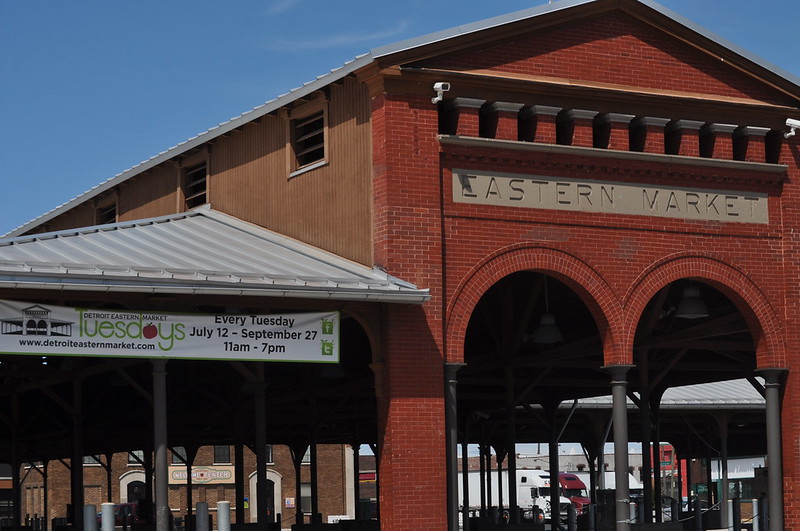
Attendees met with a representative from Detroit’s Eastern Market on the fourth day of the immersion, exploring the themes of food justice and urban farming. [Image via Flickr/Detroit Municipal League]
“As a staff person, I found that this virtual immersion helped me realize how our collaboration allowed us all the opportunity to create transformative experiences for students that would not have been possible if we were each trying to implement this on our own,” shared Sr. Erin McDonald. “Sharing our resources, our expertise, and our students created a much richer experience. We had such a successful experience with this virtual immersion that it also confirmed for me that you can create virtual experiences that build community, open space for prayer and reflection, engage with the critical issues of our time, and culminate in discernment for call to action.”
“This experience has definitely made me reconsider my own faith and want to explore it further, something I haven’t ever considered,” shared one student participant after the immersion. “It also made me much more aware of the injustices in my own backyard and [motivated me to] act in grassroots movements to better my own community.”
Kelly Swan has worked for the Ignatian Solidarity Network since 2016, first as communications director, and now as director of advancement. She grew up in West Virginia and is a graduate of Wheeling Jesuit University. Kelly has worked in parish social ministry, child and family advocacy, community education and organizing, and publishing. She lives in the Cleveland, Ohio area with her children.

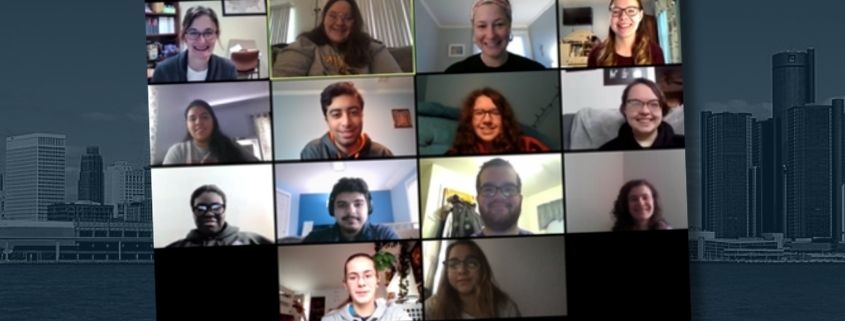
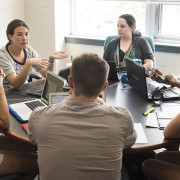
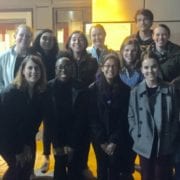

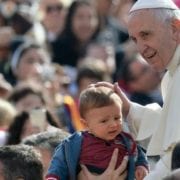
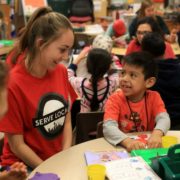
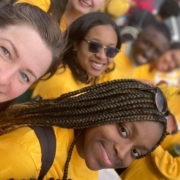

Good education creates transformative experiences for students, that can act as building blocks for an ethically constructive world-building.